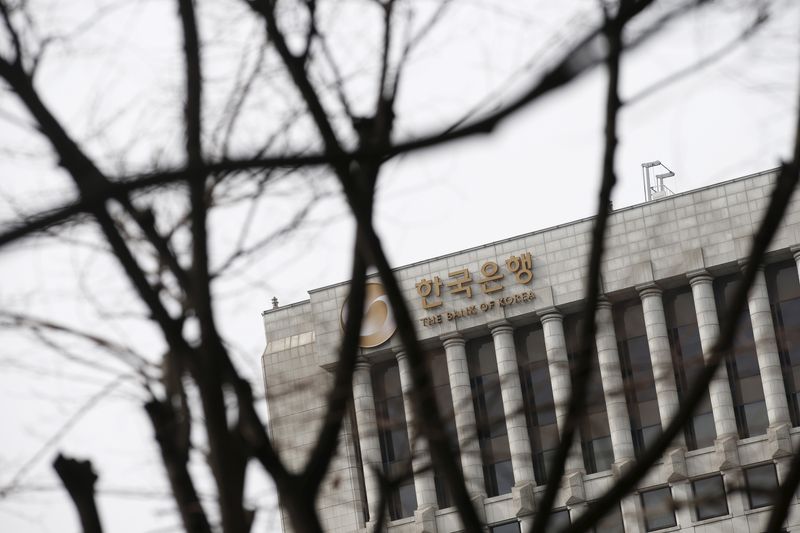Select Language

SEOUL (Reuters) - South Korean consumer spending will benefit from interest rate cuts when the central bank makes them, a member of its board said on Tuesday, adding that domestic demand has become more sensitive to interest rates than before.
Consumer sentiment dropped sharply in March on growing worries about higher produce prices, a survey by the Bank of Korea (BOK) showed on Tuesday, as inflation emerges as a major issue ahead of next month's elections.
"There will be positive effects from normalising interest rates after inflation is stabilised, as it will ease the burden of debt repayment," the official, Suh Young-kyung, told media prior to her last policy meeting in April.
Suh, however, declined to answer a question on the timing of cuts in interest rates.
"There are also worries about upward pressures on household loans and house prices, which may not seem that huge, but certainly remain."
Suh, whose four-year term ends a week after the April 12 meeting, said domestic spending was recovering slower than expected as it had become more sensitive to interest rates, which have stayed high over a prolonged period.
The monetary policy board will decide on interest rates after taking careful consideration of both sides, Suh said, citing inflation, domestic demand, household debt and house prices as key factors.
At their last meeting in February, most BOK board members said it was too early for a pivot in monetary policy, seeking to cool investors' aggressive rate cut expectations after keeping interest rates at a 15-year high.

